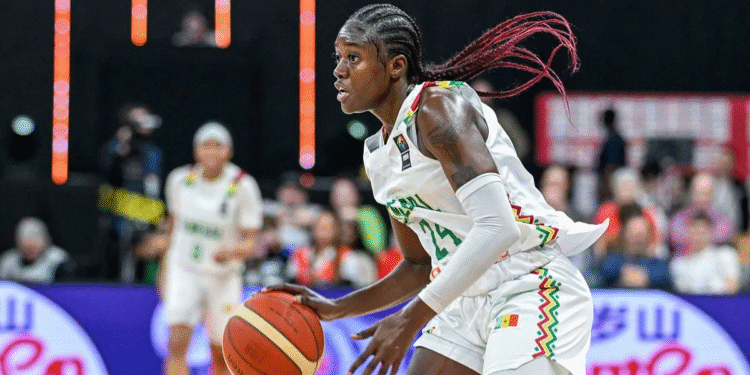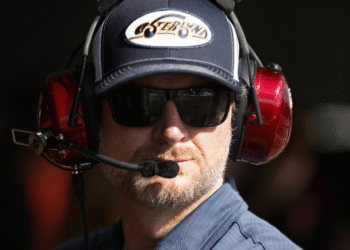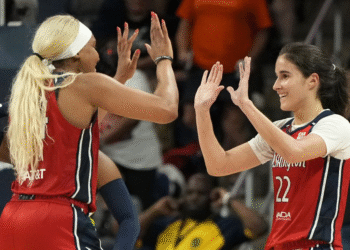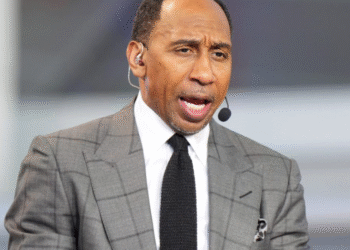The Senegalese women’s national basketball team has had to cancel their planned training trip to the United States after every single player was denied a U.S. visa. The situation has caused frustration and disappointment among the players, coaches, and fans, as this trip was considered crucial for their preparation ahead of international competitions.
The team was scheduled to train in the U.S. this summer to gain exposure, practice with top-level athletes, and sharpen their skills in advance of upcoming tournaments. But according to officials, all players were recently informed that their visa applications were rejected by the U.S. Embassy, leaving no option but to cancel the trip.
While the exact reasons for the visa denials have not been made fully public, many are pointing towards ongoing fears and confusion linked to travel policies that were put in place during the Trump administration. Even though that administration ended years ago, several African nations still face hurdles when applying for visas, especially for large group travel related to sports, education, or cultural exchange.
Officials from the Senegal Basketball Federation have expressed their disappointment and concern, saying that the team had followed all required steps for the visa process. Documents, invitations, sponsorships, and accommodation details were all submitted well in advance. Despite that, the embassy did not approve a single player’s application.
One team official said, “It’s disheartening. These young women are talented athletes representing their country, and this trip was not only about basketball — it was about giving them a once-in-a-lifetime opportunity to grow and represent Senegal on a global stage.”
Many of the players are under the age of 25 and have never traveled outside Africa. For them, this trip would have provided a major learning experience and a chance to be scouted for future scholarships or contracts. Now, that opportunity has been lost — and there are no immediate plans to reschedule.
The cancelled training trip has also sparked concern within the wider African sports community. Athletes from several African nations have previously reported trouble securing U.S. visas, even for short-term sports events. Critics say that such barriers discourage global talent and limit the exposure of African athletes to high-performance training opportunities abroad.
Human rights and sports organizations are also speaking up, saying that blanket denials without clear reasons raise questions about fairness and transparency in visa processing. Some even suggest that there may be a need for an appeal system for athletes or public figures who are traveling for professional and non-political purposes.
While there has been no official comment from the U.S. embassy in Senegal, sources close to the matter say that visa officers are working under strict guidelines when it comes to group travel applications. Concerns about return guarantees, financial stability, or the risk of visa overstays often result in entire teams getting blocked from entry — even when the trip is well-documented and supported by federations.
This visa refusal comes at a particularly bad time for the Senegal women’s basketball team. They are currently ranked among the top teams in Africa and were using this training camp to prepare for international events like the Women’s AfroBasket Championship and potential qualification for the Olympics. With limited access to high-level training facilities at home, the cancelled U.S. tour now leaves a big gap in their preparation timeline.
Several prominent basketball figures and sports influencers have voiced support for the Senegalese athletes online, urging governments to rethink how visa rules apply to traveling sports teams. “Sport is meant to bring people together, not keep them apart,” one tweet read. “Let the girls play.”
For now, the Senegalese federation is looking at other options — possibly a training camp in Europe or within Africa — but the disappointment remains. Players who were once excited to experience the U.S. are left feeling sidelined due to decisions beyond their control.
The situation highlights an ongoing problem in international sports — where visa barriers, political history, and administrative red tape often block young talent from accessing the global opportunities they deserve.





















